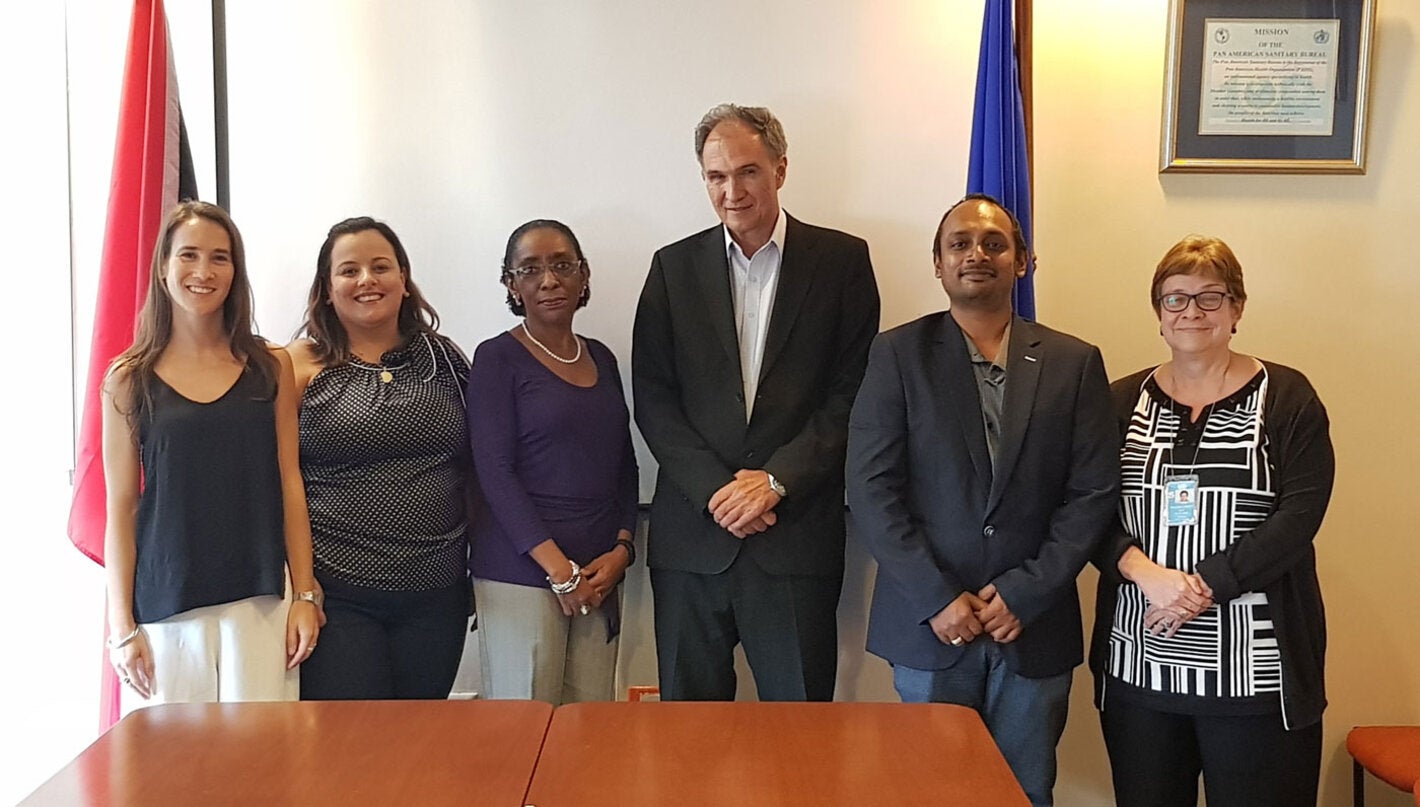
Inter-sectoral collaboration, commitment, and action are crucial to strengthening regional diagnostic capacity to tackle Antimicrobial Resistance (AMR) detection and surveillance in the Caribbean. This is the objective of a two-year Cooperation among Countries for Health Development (CCHD) project between the Government of Argentina, the Caribbean Community (CARICOM) and the Pan American Health Organization/World Health Organization (PAHO/WHO). The Government of Argentina, through its National Institute of Infectious Disease in the Ministry of Health and the National Food Safety and Quality Services (SENASA), are renowned for their work on AMR.
The project commenced in January 2019 and is aimed at strengthening national and regional AMR detection and surveillance in 14 independent CARICOM Member States, including Trinidad and Tobago. The project aims to strengthen capacity to conduct high-quality testing for the detection of AMR; collate and analyze AMR laboratory data; and use the laboratory results to monitor trends and improve prescribing practices and AMR prevention, interventions and policies. This project also aims to contribute to the implementation of the WHO Global Antimicrobial Surveillance System (GLASS), as part of global efforts to monitor the burden of disease and the impact of interventions related to AMR.
In order to achieve the first objective of the project, i.e. to strengthen capacity to conduct high-quality testing for the detection of AMR, baseline measures of laboratory capacity needed to be determined and the specific supply and training needs of each country need to be identified. A mission to Trinidad and Tobago was conducted on 15-19 July 2019, during which the National Public Health Laboratory and selected hospital laboratories were assessed. During the next 18 months, the government of Argentina and PAHO/WHO will be providing technical cooperation Trinidad and Tobago and the wider Caribbean to support their efforts to address AMR.



